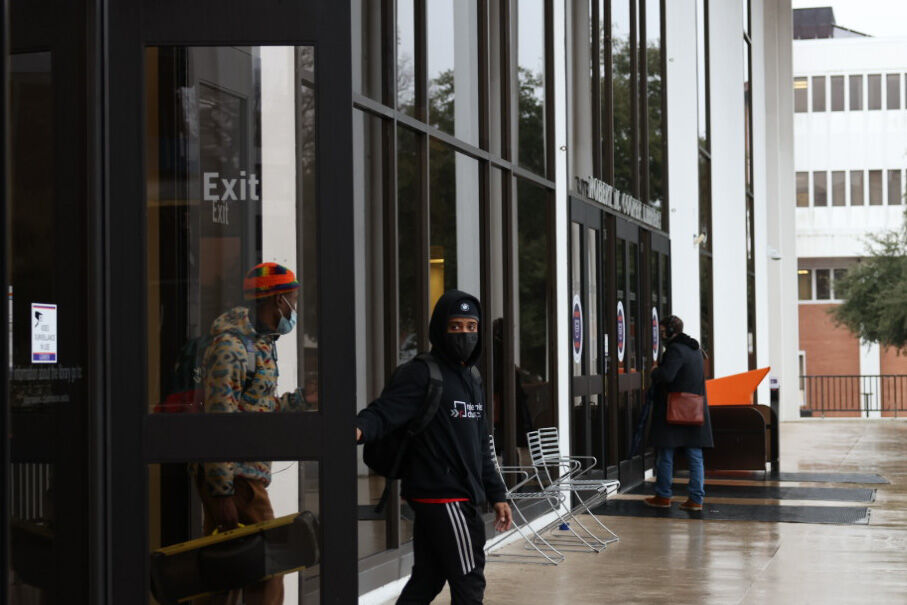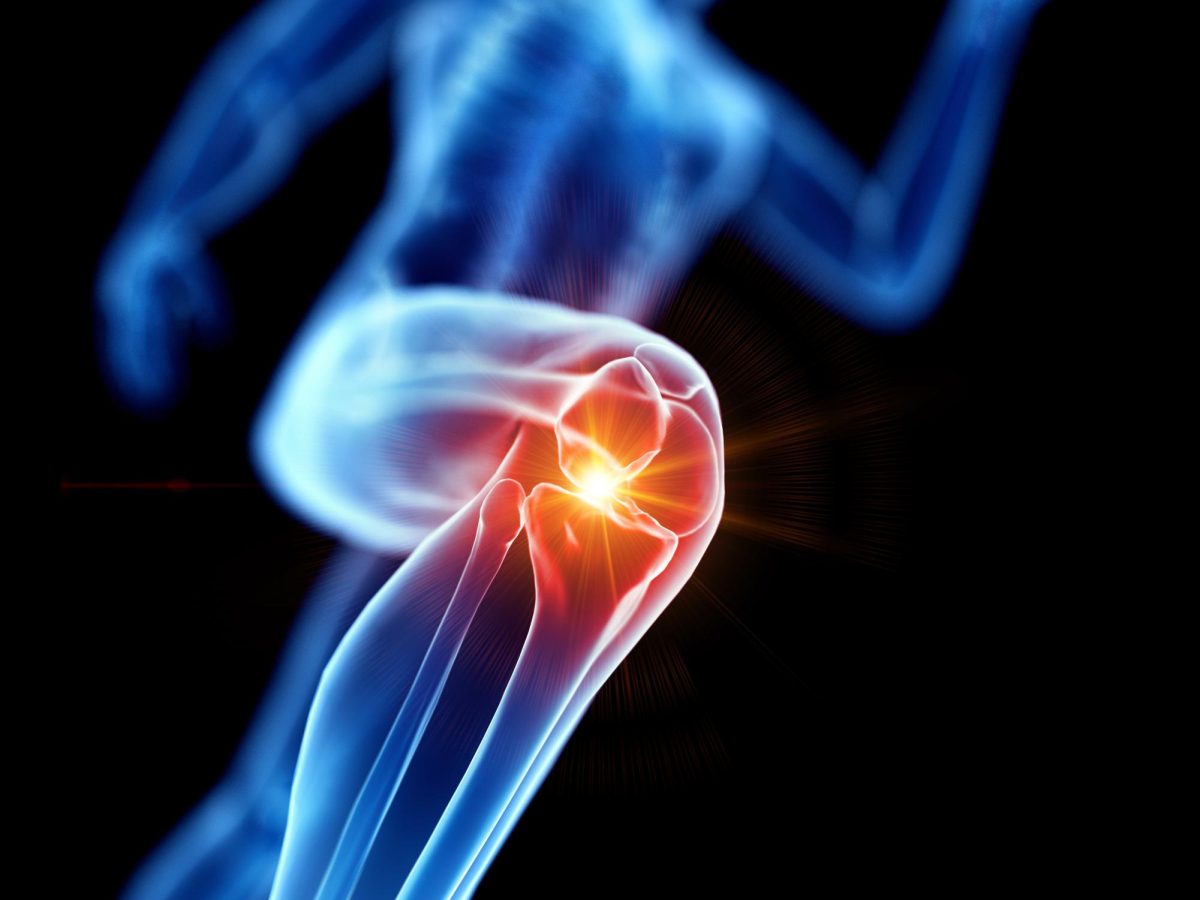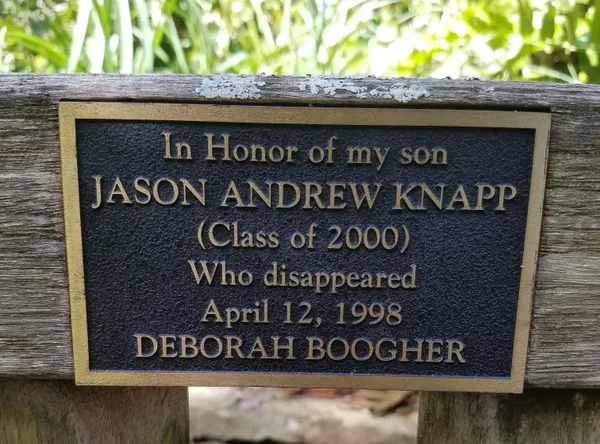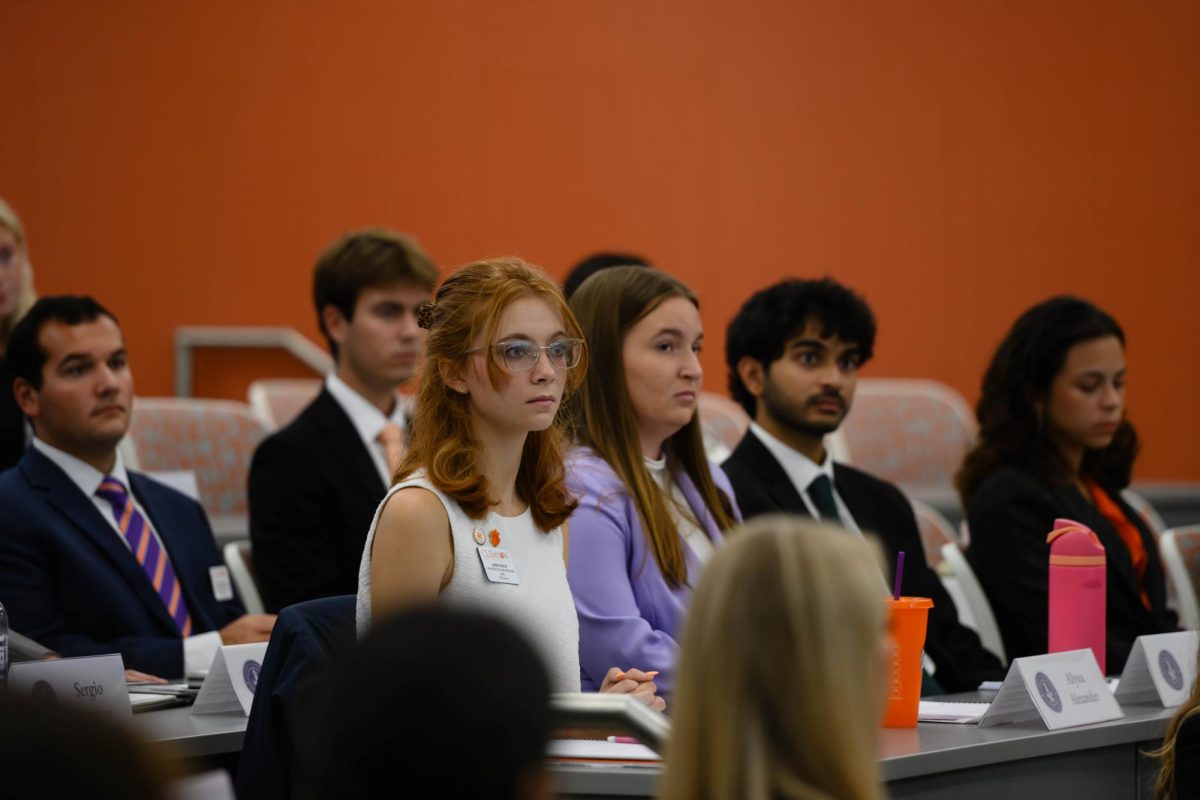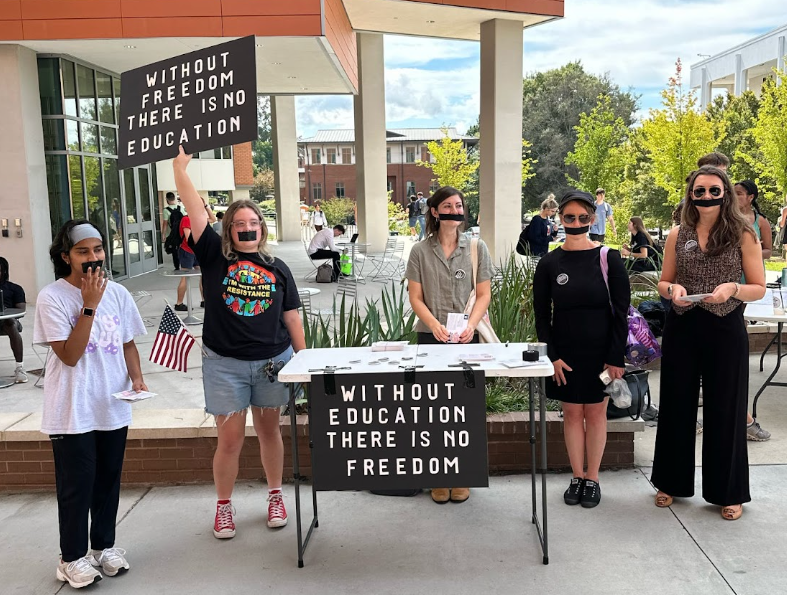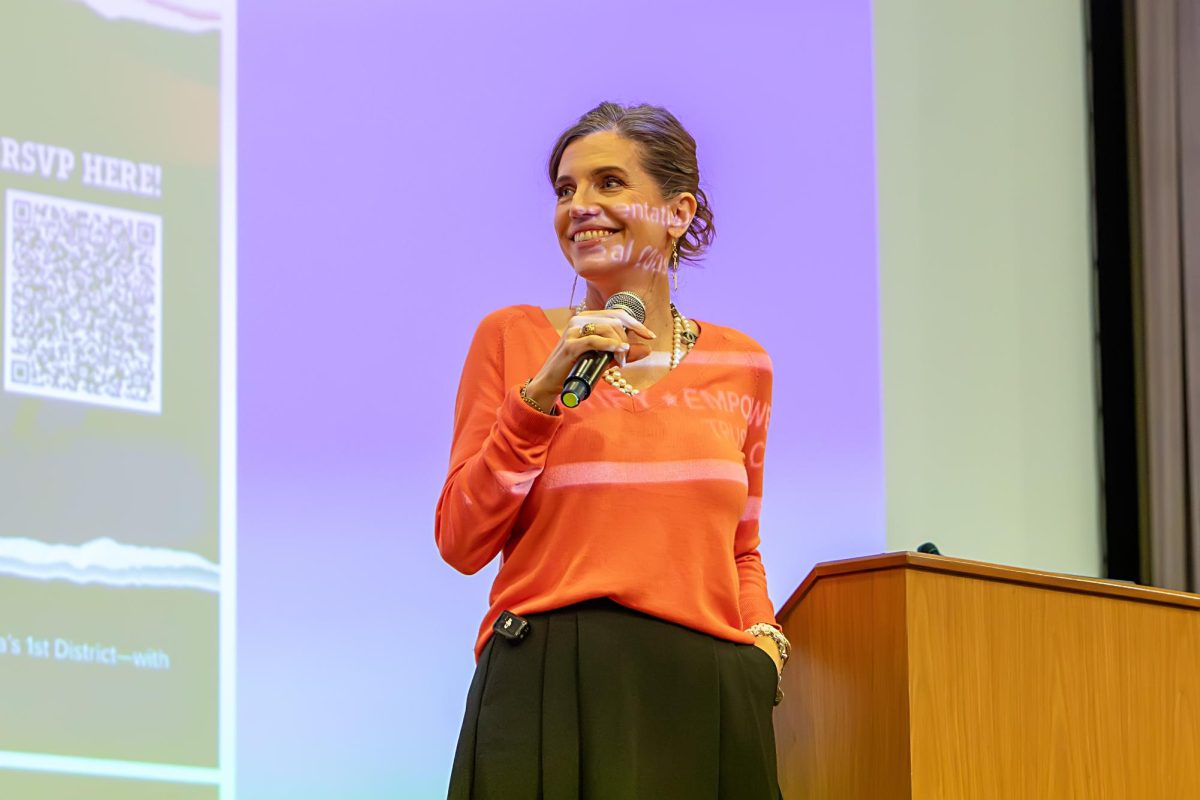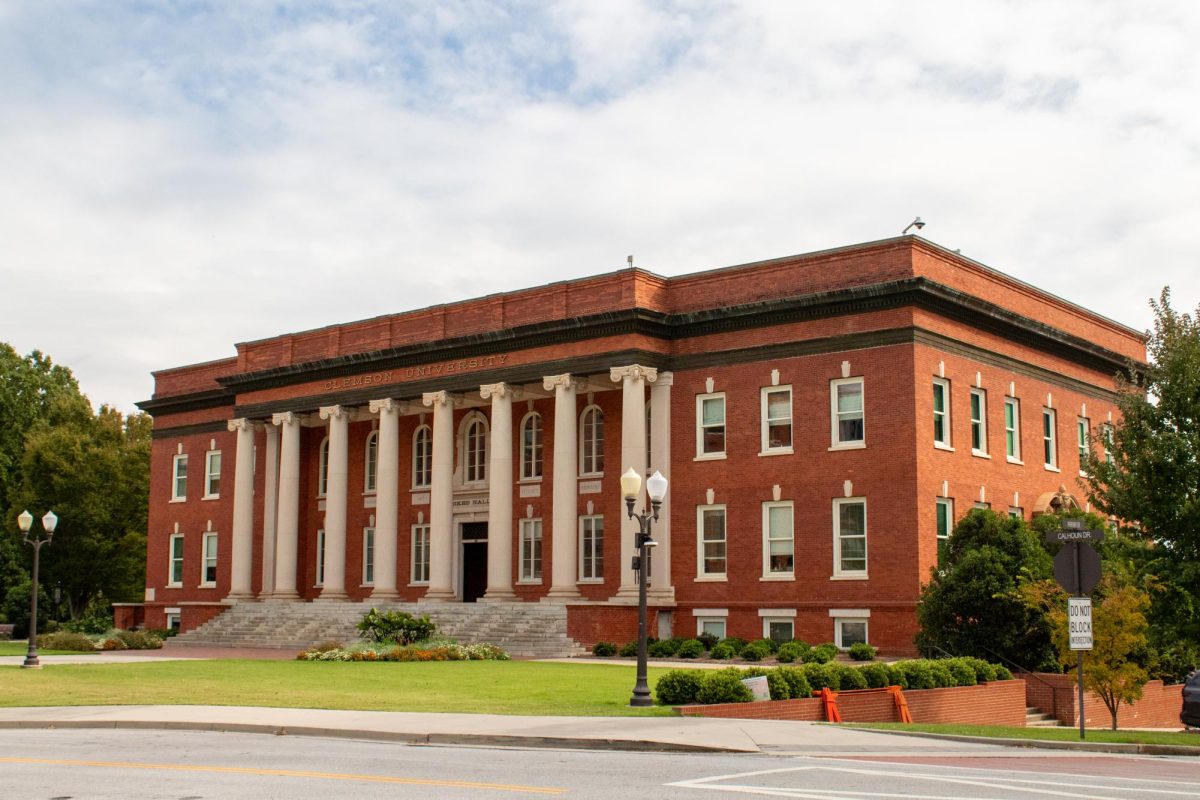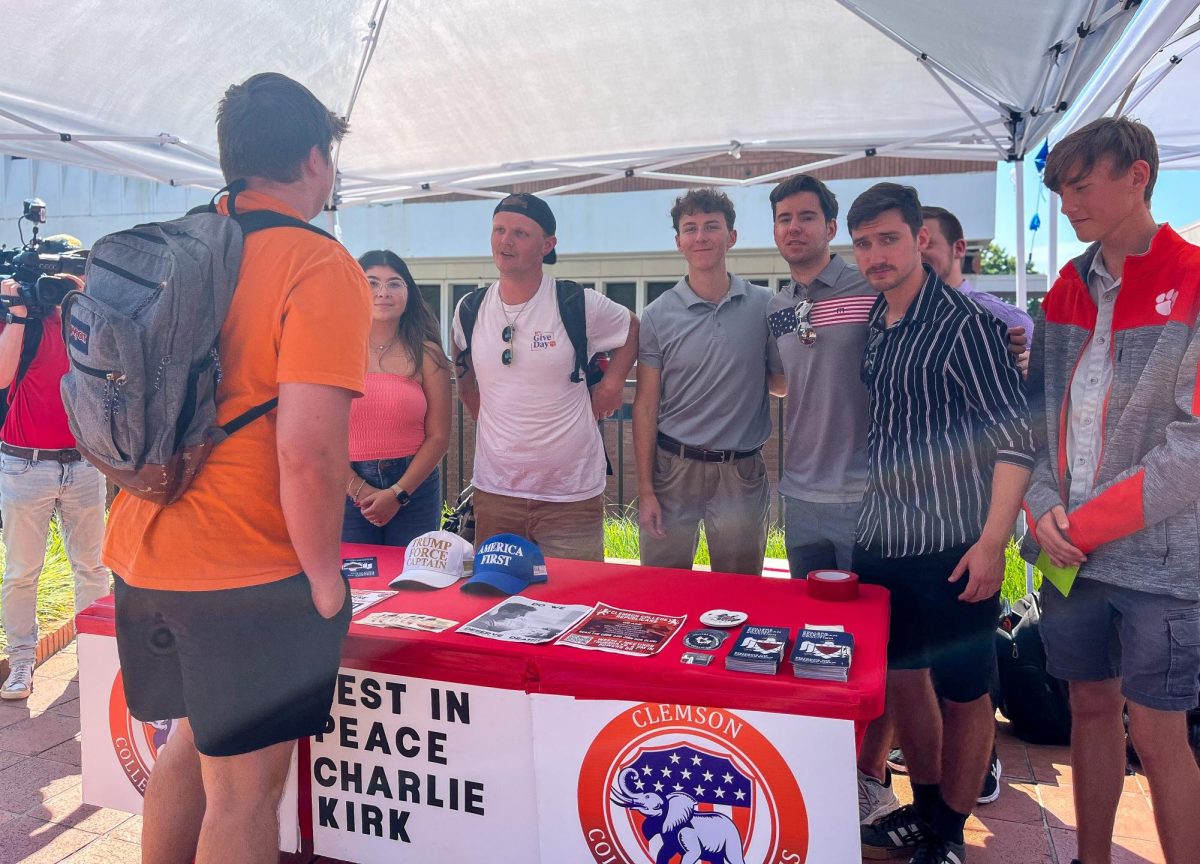The South Carolina Department of Health and Environmental Control (SCDHEC) held a press briefing last week to discuss the potential threat of the monkeypox virus in South Carolina.
Currently, “the overall risk for contracting the virus is low, and it does not spread as easily as other diseases,” Dr. Jonathan Knoche, the official who led the media briefing for the SCDHEC, stated.
The virus’s clinical course is relatively similar to COVID. The incubation period, the amount of time the virus is in the body before symptoms begin to surface, has an average of seven to eight days. Once symptoms arise, individuals may experience fever, weakness, malaise and rash. The rash evolves over the course of the illness and typically lasts two to four weeks.
The rash is also the prime indicator of the patients’ infectiousness.
“Individuals are contagious until the rash has healed,” Dr. Knoche said in the press briefing.
College students who become infected with monkeypox would have to isolate “until the rash scabbed, fallen off and new skin has formed. This process may take several weeks. While students are in isolation, commercial travel is prohibited,” Knoche stated.
While affected students isolate, recent close contacts are not mandated to quarantine, but should get immediately tested for the disease if they develop a rash.
Monkeypox differs from COVID in other aspects, such as how the virus spreads and the long-term effects.
“Monkeypox primarily spreads via prolonged skin-to-skin contact. The virus has the ability to spread through respiratory droplets and secondhand contact, but that is not the most significant spreader,” Dr. Knoche articulated. “There are also no long-term consequences associated with infection [of monkeypox], at least not that we have seen in the latest data.”
Monkeypox has the ability to infiltrate most, if not all, individuals, but particular groups face a higher risk of infection.
“Although anyone can contract monkeypox if they have close contact with someone who has monkeypox, regardless of gender identity or sexual orientation, many of those affected in the current global outbreaks are gay, bisexual, or other men who have sex with men (MSM),” Dr. Knoche said.
Because MSM are at a higher risk of contracting the monkeypox virus, those individuals, along with any person receiving HIV PrEP treatment and anyone who has been in direct contact with the virus, are the only groups eligible for receiving the monkeypox vaccine through the SCDHEC.
Preventative measures can be taken on college campuses to slow the spread of the disease. “It is important that we educate students about the risk factors and major spreaders of monkeypox,” Dr. Knoche expressed in the press briefing. “We should also connect with individuals who face a greater risk of infection and suggest they take the vaccine.” The SCDHEC provides educational resources on its website and has the resources to vaccinate high-risk populations in South Carolina.
As of Friday, Sept. 9, there have been 129 reported cases of monkeypox in South Carolina, according to the SCDHEC. Since the vaccine has been approved, South Carolina has received 4,287 doses from the federal government and has given 1,459 vaccinations. Dr. Knoche told reporters during the briefing that the federal government will replenish South Carolina’s vaccine supply once the state has utilized 85% of the initial amount.



